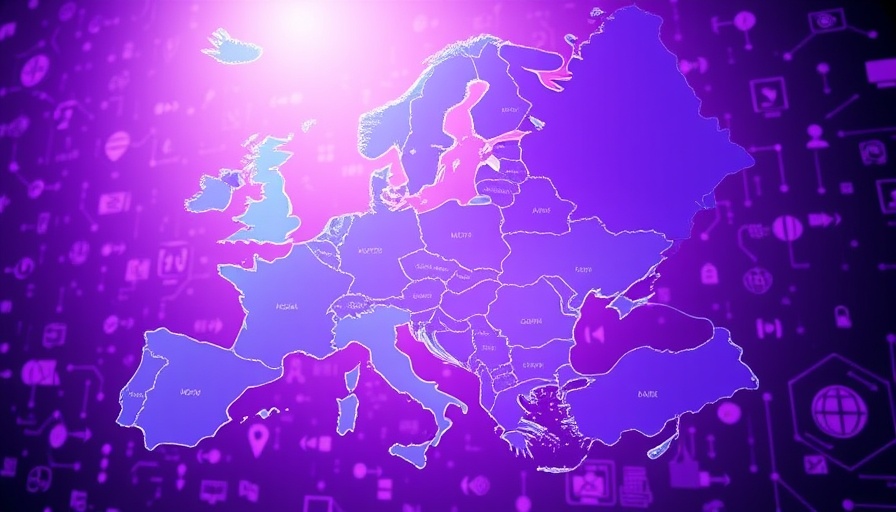
Why Protecting the Internet Matters Now More Than Ever
The ongoing battle for digital rights, particularly in Europe, reflects a broader fight that resonates with users worldwide. Individuals and businesses alike are grappling with issues surrounding privacy, data security, and the overreach of big tech companies. As internet users face increasing surveillance and control over their data, understanding how key legislation like the Digital Markets Act (DMA) can influence these dynamics becomes crucial. Ensuring that our digital spaces remain fair and competitive is not just about protecting companies; it’s about protecting the rights and freedoms of every user.
The Role of Antitrust Laws in Digital Freedom
Antitrust laws are designed to promote competition and prevent monopolies, and they are more relevant now than ever in discussions of digital rights. In recent years, we’ve witnessed successful actions against major companies like Google, which was penalized for manipulating its search engine to suppress competition. The €4.13 billion fine imposed by the EU represents a significant stand against monopolistic practices and emphasizes the need for enforcing competition laws vigorously. However, the challenge remains: how to ensure such laws stay relevant in a rapidly evolving digital marketplace.
Unpacking the Digital Markets Act: A Game Changer
The Digital Markets Act is positioned to be a landmark piece of legislation that seeks to dismantle the power of internet gatekeepers—those dominant platforms dictating how businesses and consumers interact with the internet. With robust rules set to prevent abuse of market power, the DMA aims to facilitate user control over services, allowing individuals to make informed choices. By requiring tech giants to respect user preferences around default settings and service choices, the Act promotes an environment that fosters innovation while protecting consumer rights.
Future Predictions: A More Equitable Digital Landscape?
As Europe positions itself in this pivotal moment of shaping digital policy, the future holds the potential for a more equitable internet ecosystem. If the principles outlined in the DMA are followed through with rigorous enforcement, we could see a marketplace where new and smaller players can thrive, thereby enhancing user choices and privacy protections. This would not only benefit consumers but could also initiate a ripple effect, encouraging similar reforms in other regions where digital rights are at stake.
Empowering Consumers: The Shift Towards User Rights
At its core, protecting user rights and privacy is about autonomy and empowerment. With the implementation of the DMA, users will gain greater control over the services they use, leading to an enhanced sense of digital self-determination. This shift is critical—not just for present users but for future generations who will navigate an increasingly interconnected and complex digital domain. Educating and informing individuals about their rights in the digital space is essential to cultivate a culture of privacy and respect for personal data.
Engaging in the Movement Towards Online Freedom
As individuals and advocates continue to push against the conglomerates of the tech industry, we must understand that every action counts. The quest for digital freedom is shared among many, and actively participating in this dialogue strengthens our collective voice. The advocacy for privacy, competition, and innovation isn’t just theoretical; it’s a real and pressing issue that everyone can engage with—be it through supporting legislation, being mindful of data security, or educating others about their rights online.
To take your first steps toward reclaiming control over your data, join the movement advocating for digital rights. Anleitung hier
 Add Row
Add Row  Add
Add 




Write A Comment